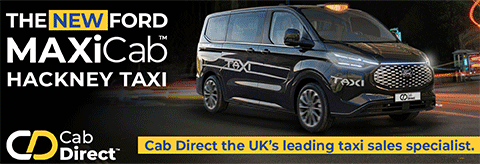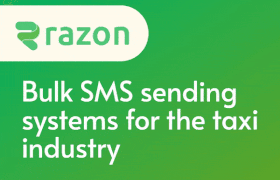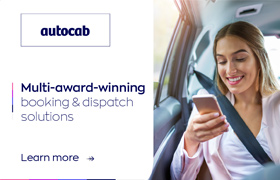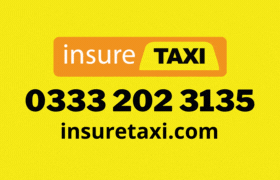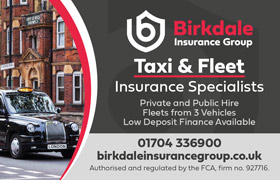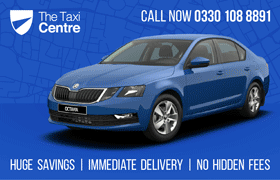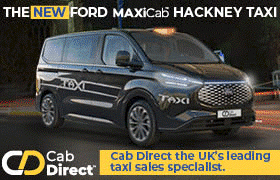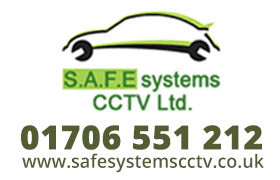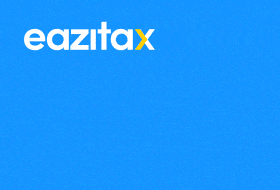LONDON'S GREEN CAB DREAM HITS A SNAG AS MANY DRIVERS SHUN EV CHARGING TO RUN ON PETROL
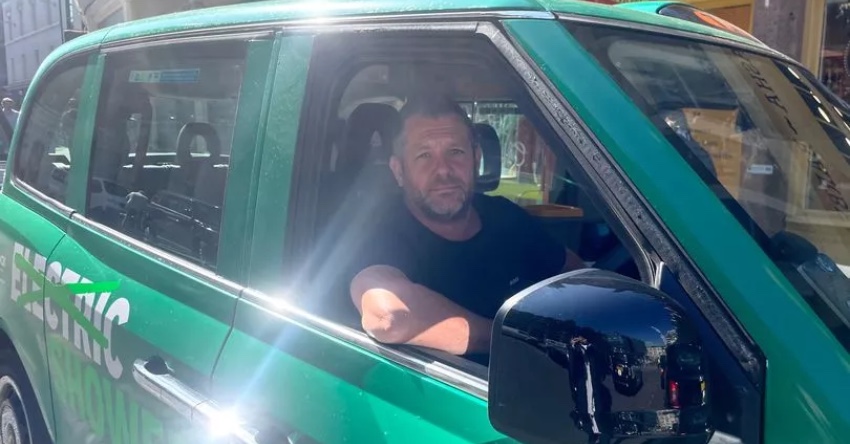
Transport for London's (TfL) ambitious "green vision" for the capital's iconic black cabs is facing an unexpected roadblock, as many drivers of zero-emission capable (ZEC) vehicles are opting to power their cabs with petrol rather than endure the high costs and inconvenience of public electric charging.
Introduced in 2018, the LEVC TX hybrid electric model was heralded as a cornerstone of TfL's new regulations, requiring newly licensed cabs to be ZEC. However, a significant number of drivers are finding the economic and logistical realities of public charging untenable.
Gary Thatcher, 48, a cab driver for three years, starkly articulated the dilemma: "The cost of public charging and time to charge the vehicle is why I just fill it with petrol.
"It can take an hour out of your work to publicly charge. If you don’t live in a high rise flat, or accommodation that cannot charge from home, you will just use petrol."
Thatcher, a Kent resident, admitted he has never once used public charging in his three years with a ZEC cab, consistently relying on petrol.
He added: "The narrative is let’s get everything green, but the whole thing is rubbish. You are just moving the pollution to somewhere else in the world.”
While 60% of London's black cabs were ZEC by early 2025, and the capital boasts over 21,000 public charging points, the financial disparity between home and public charging is a major deterrent. Data from Zap-Map shows that while home charging averages a cost-effective 6p per mile, public charging rockets to 17p per mile – more expensive than petrol or diesel.
Steve Garelick, a trade union officer at GMB Union, underscored the drivers' predicament: "If drivers want to earn a living, then they aren’t going to want to sacrifice some of their shift to charge their vehicle."
He further explained: "With the high cost of public charging, it doesn’t make a difference if you fuel your cab with petrol or electricity. Even if a driver can charge their vehicle at home at a cheap rate, it will still be expensive if they work at night and charge their vehicle at a home during the day."
Garelick stressed the national scope of the issue, stating: "This is not just unique to London, but nationally drivers lack the infrastructure required. We want to see a healthy London, but it has to be well thought out. There is a financial burden on cab drivers, who are considered low hanging fruit.”
In response to the challenges, a TfL spokesperson confirmed their proactive stance, stating: "In 2023 TfL wrote to the previous government calling for the reduction in VAT to 5 per cent for public charge points to match domestic charging rates, recognising the impact of these costs on key user groups of London’s EV infrastructure, including taxis and private hire vehicles, and for those without access to off-street parking.”
As London strives for a greener future, the current charging infrastructure and cost models appear to be driving some black cab drivers back to the pump, highlighting a significant hurdle in the city's transition to a fully electric fleet.
Read another story
- BASINGSTOKE EXPLORES CCTV IN TAXIS AMID SAFETY CONCERNS
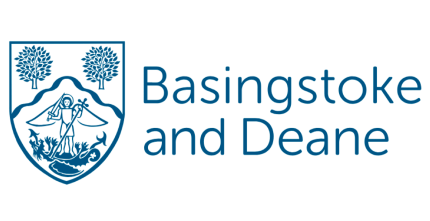
The decision comes after mounting concerns within the taxi community regarding abuse directed at drivers, alongside demands from passengers for increased reassurance during their journeys.

- SWANSEA CONSIDERS MANDATING CARD MACHINES FOR TAXIS AMID CASHLESS SHIFT
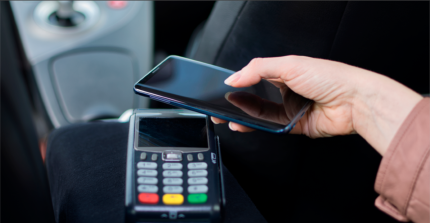
The initiative comes in response to growing public concerns that passengers are being left stranded if they don't have physical money, expecting to pay with modern options such as contactless cards or smartphone apps.

- HUNTINGDONSHIRE CABS UNDER SCRUTINY DRIVERS LOSE LICENCES AMID COMPLAINTS AND DEFECTS
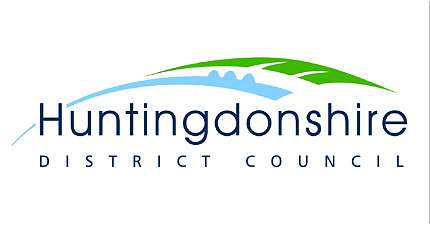
Three taxi drivers in Huntingdonshire have had their licences revoked in recent months, with more than 20 vehicle licences also suspended.

- WOLVERHAMPTON COUNCIL FIRST TO USE CONTACTLESS TECHNOLOGY FOR TAXI/PH DRIVER LICENCE CHECKS
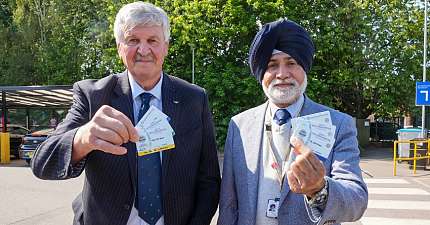
Contactless technology has been introduced into driver’s ID cards, meaning passengers can view a digital version of their driver’s private hire or taxi driver licence simply by tapping the card.

- GENEROUS LANCASTER CABBIE OFFERS FREE RIDES ON FINAL DAY BEFORE RETIREMENT
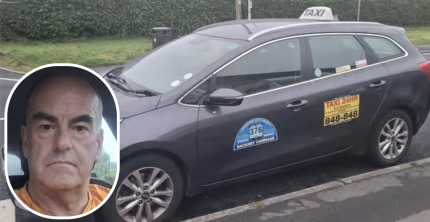
Anthony Wilson, who has served the community for over two decades with 848848 taxis, hung up his keys for the last time on Friday, May 30.

- CHICHESTER TAXI DRIVERS FACE ANOTHER FEE HIKE AS COUNCIL SEEKS TO BALANCE BOOKS
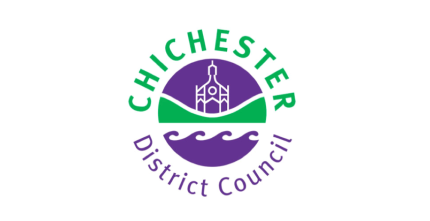
he move comes after a forecasted shortfall of £23,700 in the council's hackney carriage and private hire vehicle licensing budget.

- ALLEGED MID WALES FARE DODGER SKIPS COURT APPEARANCE
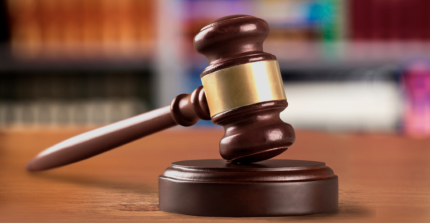
A man accused of failing to pay a nearly £100 taxi fare for a journey across Mid Wales did not appear in court on Tuesday 3 June, prompting magistrates to issue an arrest warrant.

- EAST DEVON TAXI FARE OVERHAUL HITS THE BRAKES AMIDST DRIVER APATHY

Plans to introduce a more precise method for calculating maximum taxi fares in East Devon have been stalled due to a dismal response rate from local hackney carriage drivers.

- SHEFFIELD TAXI DRIVERS HAIL VICTORY AS EMR DROPS PERMIT CUTS AMID GRIDLOCK ROW

The decision marks a victory for cabbies who had been vocal in their opposition, even resorting to a payment strike last year.

- WARRINGTON MUMS BUS LANE NIGHTMARE CABBIE REGISTERS VEHICLE AT HER ADDRESS RACKING UP £770 IN FINES
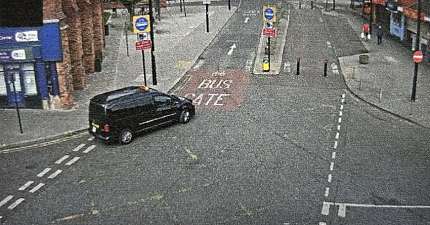
Anna Brunskill, 49, received 11 penalty notices, nine of which arrived on the same day, despite having no connection to the vehicle or its driver.

- POLICE URGE WREXHAM PUBLIC TO USE LICENSED TAXIS AFTER "UNAUTHORISED" VEHICLE REPORT
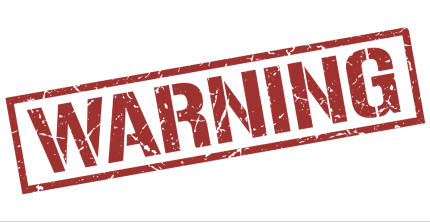
North Wales Police have issued a stark warning to the public in Wrexham, advising them to exercise caution when choosing taxis after a report of an "unauthorised taxi" operating in the city.

- MANCHESTER'S MANTAX BLACK CABS REBRAND AS COMCAB MANCHESTER JOINING NATIONAL NETWORK
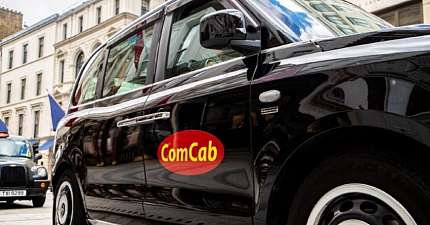
The largest hackney carriage fleet in Manchester, will continue to provide a safe and reliable service across the city, provided by drivers with unrivalled regional knowledge.

- FREENOW APP LAUNCHES IN COVENTRY A QUICK AND EASY WAY TO BOOK A TAXI
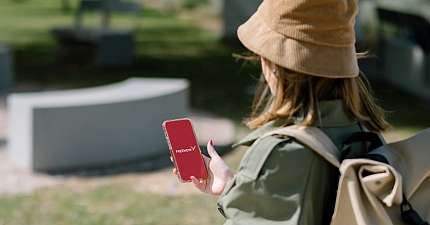
In partnership with Lewis Taxis, a trusted local company serving the area for 50 years, FREENOW is now offering a quick and easy way for locals and visitors to book taxis in the city.

- GRANGEMOUTH'S KERSE CABS HONOURED WITH JIMMY AWARD FOR COMMUNITY SPIRIT
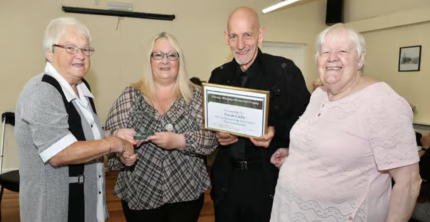
Kerse Cabs earned the accolade for consistently going "the extra mile" for local residents.

- DENBIGHSHIRE COUNCIL FACES LEGAL RISK AFTER RELAXING TAXI AGE RULES FOR WAVS
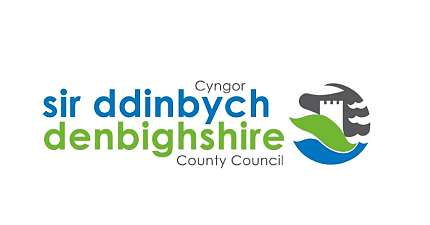
The decision, made at a committee meeting on June 3, followed a consultation with around 300 hackney carriage drivers and private hire vehicle licence holders.

- PETERBOROUGH COUNCILLOR PUSHES FOR MANDATORY UK WIDE TAXI CCTV AMID SAFETY DEBATE
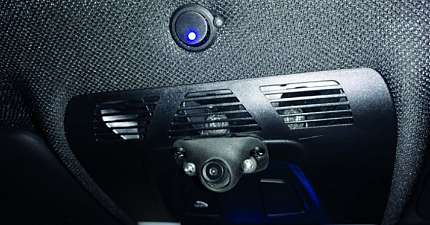
Cllr Daisy Blakemore-Creedon, 19, believes such a measure would boost public confidence, particularly for those travelling late at night.

- TAXI BOSS SLAMS MISGUIDED BLAME IN GLASGOW NIGHTLIFE DECLINE ROW
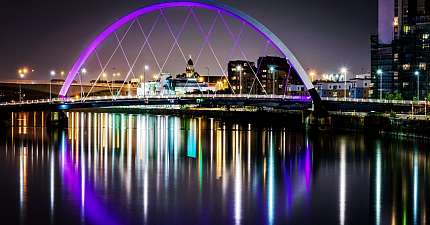
Glasgow's premier taxi operator has strongly refuted claims that a lack of available cabs is crippling the city's night-time economy, instead pointing to wider issues and behavioural shifts as the real culprits.

- INVESTIGATION INTO UNPAID SWINDON TAXI FARE CONTINUES
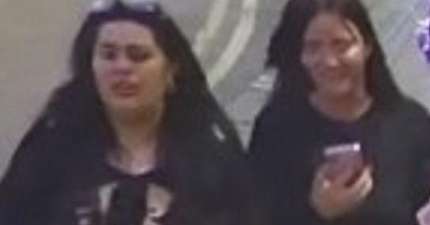
Police have released an image of two women they would like to speak to regarding an ongoing investigation.

- TRAFFORD CENTRE STING MEANS UNINSURED PH DRIVER TO PAY OVER £1,200 FOR ILLEGAL PLYING
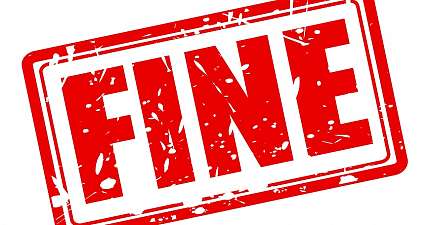
Anees Arif, 52, of Lees, Oldham, pleaded guilty to multiple offences, including illegally waiting in a hackney carriage rank and accepting an uninsured fare.

- 120 BURY DRIVERS FACE IMMEDIATE SUSPENSION OVER UNCHECKED CRIMINAL RECORDS
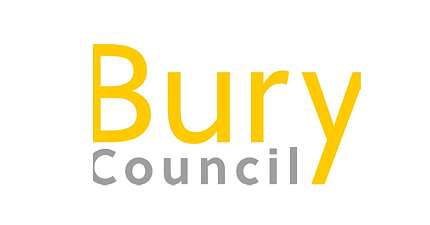
This drastic measure comes after numerous attempts by the local authority to get drivers to agree to register for the Disclosure and Barring Service (DBS) update service.


